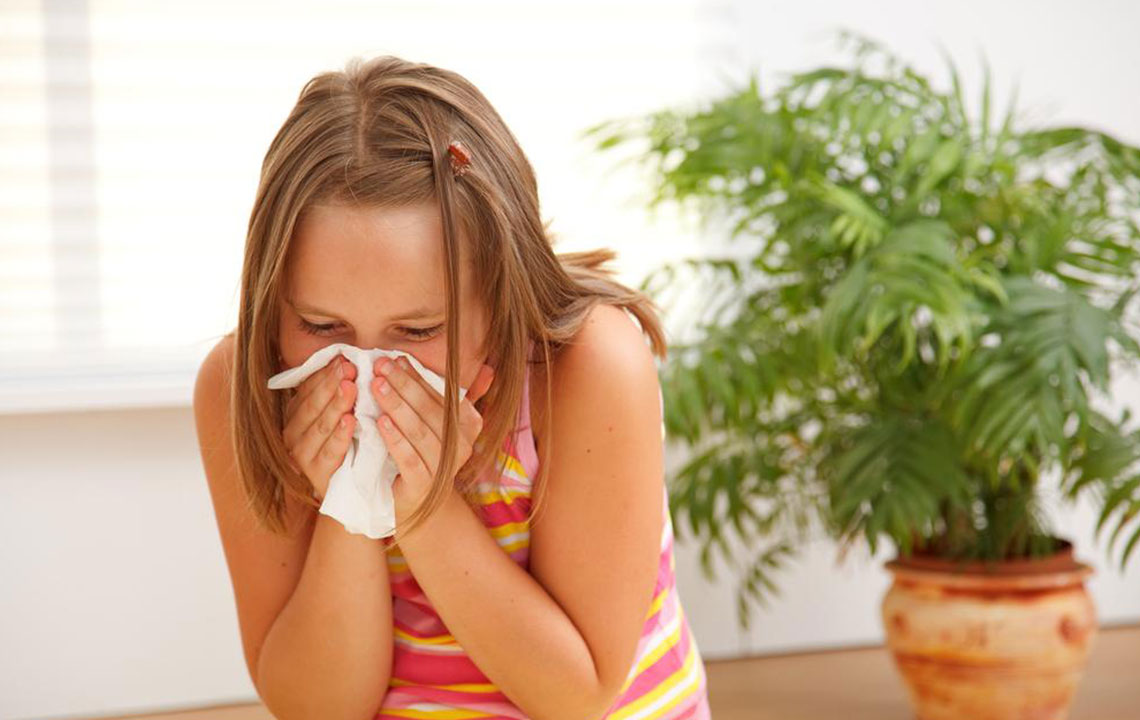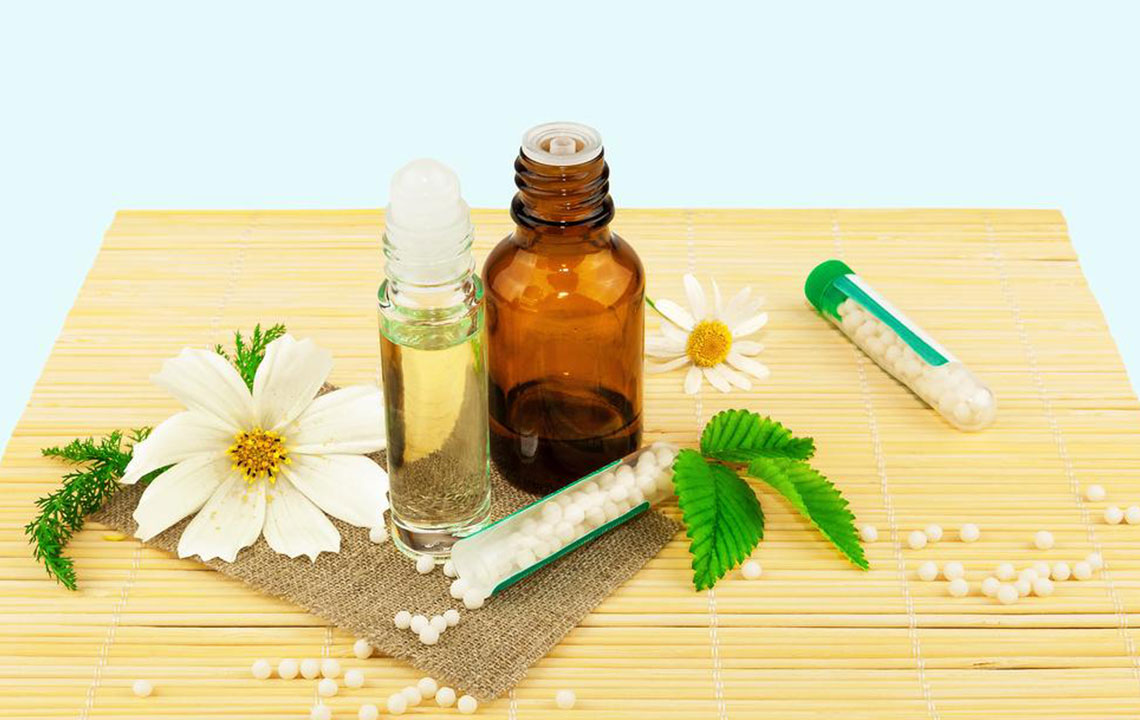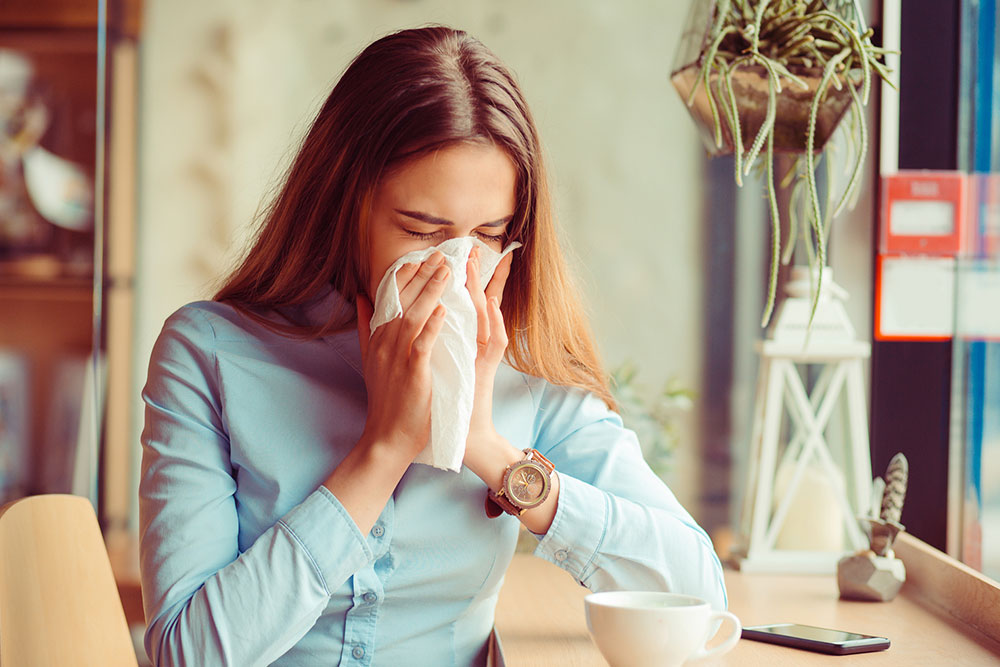Comprehensive Approaches to Effectively Manage Allergy Symptoms
This comprehensive guide covers effective strategies for managing allergy symptoms through diet, natural remedies, medications, and lifestyle adjustments. It helps individuals reduce allergies' impact and improve their quality of life with a combination of traditional and natural approaches tailored for long-term relief.

Comprehensive Approaches to Effectively Manage Allergy Symptoms
Seasonal allergies can significantly impact daily life, characterized by symptoms such as frequent sneezing, persistent headaches, a runny or congested nose, itchy eyes, and fatigue. These reactions often occur during specific times of the year when pollen counts are high, but for some individuals, allergy symptoms can persist year-round due to allergens like dust mites, pet dander, mold, and other environmental factors. While allergies are generally not life-threatening in the long term, managing symptoms effectively is crucial to maintaining quality of life and preventing complications such as sinus infections or worsening respiratory conditions.
Early intervention and a proactive approach can lead to better control over allergy symptoms. Understanding various management strategies, including natural remedies, lifestyle adjustments, and medical treatments, empowers individuals to reduce their discomfort and lead healthier, more comfortable lives during allergy seasons and throughout the year.
In this comprehensive guide, we explore a wide range of proven methods to help you effectively manage allergy symptoms, combining traditional medical approaches with natural remedies, dietary modifications, and lifestyle habits that support immune health.
Understanding Allergies and Their Triggers
Before diving into management strategies, it is essential to understand what causes allergy symptoms and identify your specific triggers. Allergies are hypersensitive immune responses to environmental substances that are typically harmless to most people. Common allergens include pollen from trees, grasses, and weeds; dust mites; pet dander; mold spores; and certain foods.
Immunoglobulin E (IgE) antibodies are produced in response to allergens, leading to the release of histamine and other chemicals that cause inflammation and allergy symptoms. Recognizing your triggers through allergy testing or medical consultation can help you tailor your management plan more effectively.
Dietary Modifications to Reduce Allergy Symptoms
Your diet plays a vital role in managing allergy symptoms. Certain foods can increase inflammation and exacerbate allergy reactions, while others can help reduce inflammation and boost immune health. Here are several dietary strategies to consider:
Limit sugar and processed foods: Consuming excess sugar and processed foods can promote inflammation, making allergy symptoms worse. Reducing intake can help mitigate this effect and support overall immune function.
Incorporate anti-inflammatory foods: Foods rich in omega-3 fatty acids, such as fatty fish (salmon, mackerel), flaxseeds, and walnuts, have anti-inflammatory properties that may help lower allergy severity.
Increase intake of fruits and vegetables: Particularly those high in antioxidants, like berries, citrus fruits, spinach, and kale. These nutrients support immune health and help combat oxidative stress related to allergies.
Stay hydrated: Proper hydration keeps mucus thin and helps flush allergens from your respiratory system, reducing congestion and irritation.
Natural Remedies and Supplements for Allergy Relief
Many individuals find relief through natural remedies that complement medical treatment. These methods are generally safe for mild allergy symptoms and can be integrated into daily routines to provide ongoing support.
Raw Honey
Consuming raw honey daily may help build immunity to local pollen and reduce allergy severity over time. Raw honey contains small amounts of pollen, which can act as a natural immunotherapy, gradually desensitizing your immune system.
Probiotics
Probiotics are beneficial bacteria that support gut health and modulate immune responses. Incorporating probiotic-rich foods like yogurt, kefir, sauerkraut, or taking supplements can improve overall immunity, making the body less reactive to allergens.
Herbal Remedies
Herbs such as butterbur, stinging nettle, and quercetin have been used traditionally to reduce allergy symptoms. Butterbur, in particular, has shown anti-inflammatory effects and can decrease histamine levels. Always consult a healthcare professional before starting herbal supplements, especially if you are on medication.
Pharmacological Treatments for Severe Allergies
For individuals experiencing moderate to severe allergy symptoms, medications prescribed by your healthcare provider may be necessary. These include:
Antihistamines: These drugs block histamine release, relieving sneezing, itching, and runny nose.
Decongestants: Help reduce nasal swelling and congestion, providing relief from stuffiness.
Nasal corticosteroids: Reduce inflammation in the nasal passages and are effective for persistent symptoms.
Leukotriene receptor antagonists: Assist in decreasing inflammation caused by allergy triggers.
Immunotherapy: Allergy shots or tablets that improve tolerance over time, especially for seasonal allergens.
Always follow your healthcare provider’s advice and ensure medications are used as directed.
Lifestyle Adjustments to Minimize Exposure
In addition to dietary and medical treatments, certain lifestyle changes can significantly reduce your exposure to common allergens:
Keep indoor environments clean: Regularly dust, vacuum with HEPA filters, and wash bedding to reduce dust mites and pet dander.
Use air purifiers: HEPA air purifiers can trap airborne allergens, especially during high pollen seasons.
Avoid outdoor activities during peak pollen times: Typically late morning and early afternoon. Stay indoors when pollen counts are highest.
Wear protective gear: Use masks and sunglasses when outdoors to prevent inhaling pollen and dust particles.
Maintain optimal indoor humidity: Keep humidity levels below 50% to prevent mold growth.
Monitoring and Long-Term Management
Managing allergies is an ongoing process that requires regular monitoring. Keeping track of symptoms, environmental factors, and response to treatments can help you adjust your management plan effectively.
Consulting with an allergist or immunologist can provide personalized insights and testing to identify your specific triggers, leading to more targeted interventions. Additionally, tracking pollen levels through weather apps or allergy forecast services can help you plan outdoor activities and minimize exposure during high pollen periods.
With a comprehensive approach combining diet, natural remedies, medical treatments, and lifestyle modifications, individuals can significantly reduce allergy symptoms, improve their quality of life, and prevent complications. Staying informed and proactive is key to long-term allergy management and overall respiratory health.





